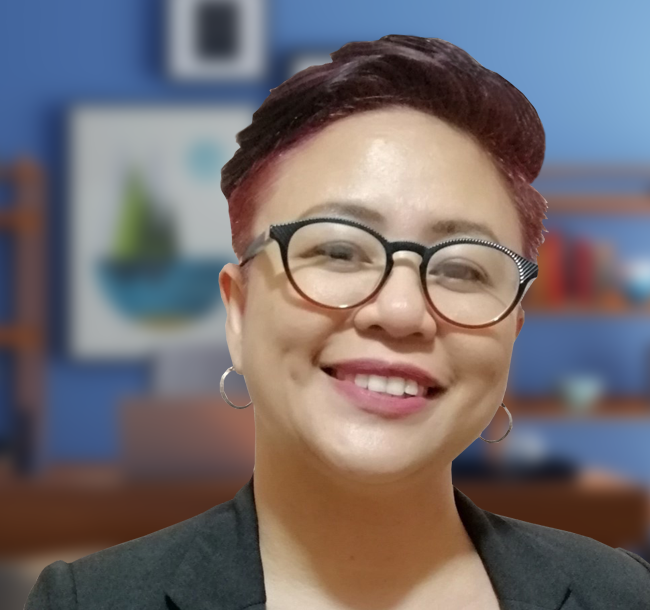Whispers of Women: Self, Sex, and Secrets
“Behind every woman is… herself.”
At least that’s what we believe and fight for in the 21st Century. Women’s rights have long been the source of heated debates. Should women be allowed education; Should women be allowed to own their bodies; Should women be allowed to vote; Should women be allowed to own property; Should women be allowed to earn their own money; Should women be allowed… Allowed by whom?
The answer is undoubtedly in all of our minds: Society. Should society allow women to exist when women are the reason society exists? It is an age-long story of what it means to be a woman. From the concept of virginity to the practice of marriage and family to being given the burden of birth control and its many side effects to identifying one’s self as a woman, everything has always been pre-defined for us. When discussing issues about our most intimate parts, none of us should cover our ears or whisper. Instead, let us welcome the discourse with enthusiasm and hope.
When asked why a good number of people still find topics regarding women’s body and sexuality taboo, Gender and Development Program Director of the University of the Philippines Visayas Professor Moniq Muyargas says, “If you want to identify the root cause, it is really cultural. Parents do not talk about sex sa ila mga bata, […] kung mag-isturya man lang sila, [they should] make it a normal conversation. Make it straightforward and forthcoming about the nuances [of] sex and the body. I think women would have more ownership of their reproductive health or their bodies. The physicality of womanhood is still taboo [for some].”
Chairman of the Department of Obstetrics and Gynecology in the Medical City Iloilo Dr. Razel Colacion agrees. According to her, parents are first and foremost the teachers of children. As such, parents have the responsibility to teach their kids everything they can about their bodies. It also helps to address societal issues such as teenage pregnancies and sexually transmitted diseases.
No censorship, no euphemisms. “Ang pitoy, pitoy gid na ya, indi ina ‘bird’, and munay is munay gid, it is not a ‘pechay.’ Nagaka-shock ang [iban] kay para sa ila bastos, pero para sa amon wala na ya iban nga meaning,” adds Vanessa Belleza, our CEO and mother of two young kids. A child well-equipped with such knowledge could turn into an adolescent and adult who knows what to do when faced with questions of sex and sexuality.
No matter your age, you need to understand all of the curiosities about your body because that is human nature. You are always eager to learn about everything that is within reach, especially the body that belongs to you – how it changes, how it grows, the sensations it may come to feel. This may be especially true for women, but it is also true no matter your gender identity and sexual orientation.
During our insightful conversation with Dr. Razel and Professor Monique, we learned and unlearned many things about women. The closely guarded “secrets” like virginity, taking birth control, and monthly menstruations shouldn’t be kept secrets at all. Your whispers of the discomfort you feel and often brush off as nothing more than cramps or PMS, your discomfort against men who stand too close and touch you when you are unaware, your discomfort of not being recognized as a woman even when you identify as one shouldn’t be whispers at all. Stand tall and make everyone listen: Hindi ka babae lang, babae ka. Babae ka.

